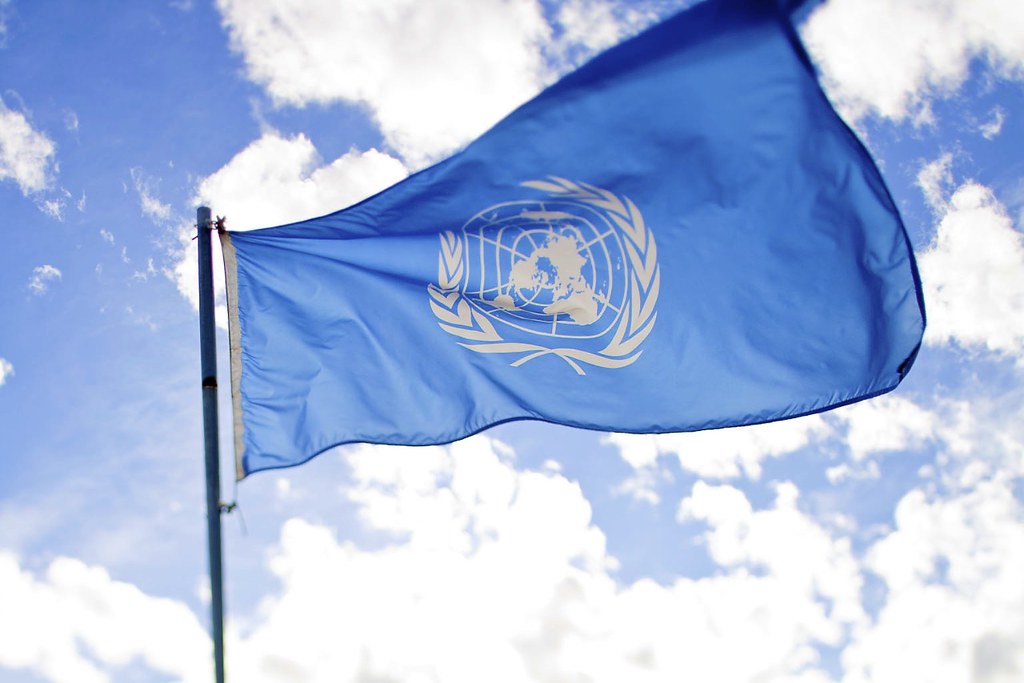Adopted during the 20th century, the Rio Declaration on Environment and Development is a document that emphasises the relationships of the different states and their roles and responsibilities in protecting and improving economic development and the environment. In the second article, we were able to take a look at the first fifteen principles laid out in the Rio declaration and today, we shall learn about the twelve remaining ones.

Principle 16
National authorities should endeavour to promote the internalisation of environmental costs and the use of economic instruments, taking into account the approach that the polluter should, in principle, bear the cost of pollution, with due regard to the public interest and without distorting international trade and investment.
Principle 17
Environmental impact assessment, as a national instrument, shall be undertaken for proposed activities that are likely to have a significant adverse impact on the environment and are subject to a decision of a competent national authority.
Principle 18
States shall immediately notify other States of any natural disasters or other emergencies that are likely to produce sudden harmful effects on the environment of those States. Every effort shall be made by the international community to help States so afflicted.
Principle 19
States shall provide prior and timely notification and relevant information to potentially affected States on activities that may have a significant adverse transboundary environmental effect and shall consult with those States at an early stage and in good faith.
Principle 20
Women have a vital role in environmental management and development. Their full participation is therefore essential to achieve sustainable development.
Principle 21
The creativity, ideals and courage of the youth of the world should be mobilised to forge a global partnership In order to achieve sustainable development and ensure a better future for all.
Principle 22
Indigenous people and their communities, and other local communities, have a vital role in environmental management and development because of their knowledge and traditional practices. States should recognise and duly support their identity, culture and interests and enable their effective participation in the achievement of sustainable development.
Principle 23
The environment and natural resources of people under oppression, domination and occupation shall be protected.
Principle 24
Warfare is inherently destructive of sustainable development. States shall therefore respect international law providing protection for the environment in times of armed conflict and cooperate in its further development, as necessary.
Principle 25
Peace, development and environmental protection are interdependent and indivisible.
Principle 26
States shall resolve all their environmental disputes peacefully and by appropriate means in accordance with the Charter of the United Nations.
Principle 27
States and people shall cooperate in good faith and in a spirit of partnership in the fulfillment of the principles embodied in this Declaration and in the further development of international law in the field of sustainable development.
Now, that you know all of the 27 principles, do you think that the Rio Declaration was able to meet the expectations of the United Nations Conference on Environment and Development?
However, who remembers what was the purpose of The Earth Summit? So, for all those Ghajinis out there, below you will find an extract to remind you on what we discussed in the first article:
The following issues were addressed during the Rio de Janeiro Earth Summit:
• To unite the member states to cooperate together internationally and address urgent problems of environmental protection and socio-economic development
• A systematic analysis of certain production patterns such as the production of toxic components like lead in gasoline or poisonous waste includes radioactive chemicals.
• Find alternative sources of energy to replace the use of fossil fuels.
• A change in the public transportation systems to reduce vehicle emissions, traffic congestion in cities and the health conditions caused by pollutants and dirt particles.
• The rise in water consumption and its insufficient supply.
So, what is your point of view on the Rio Declaration? Please share your comments!




